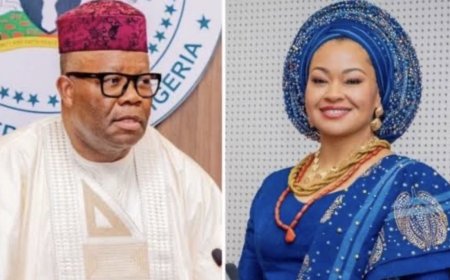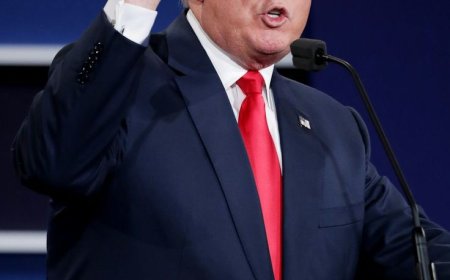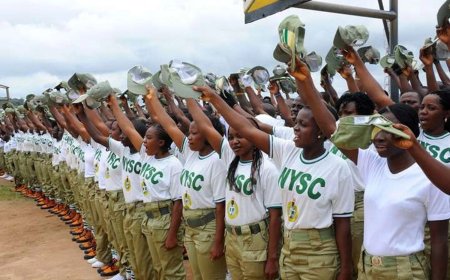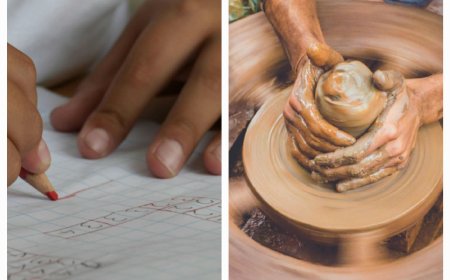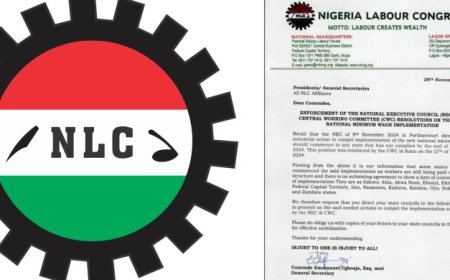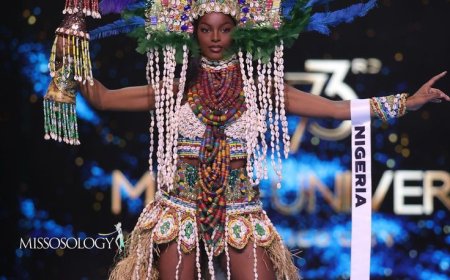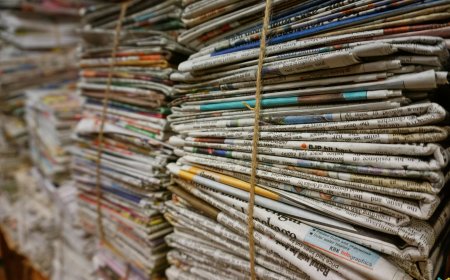Is AI Hindering Human Creativity and Development?
The article discusses the complex relationship between AI and human creativity, highlighting both benefits (enhanced creativity, new perspectives) and drawbacks (homogenization, loss of authenticity, ethical concerns). To strike a balance, it suggests developing AI that complements human creativity, educating creatives to work alongside AI, and addressing ethical concerns. Ultimately, AI can enhance creativity if developed and applied thoughtfully.
The emergence of artificial intelligence (AI) marked the beginning of a revolutionary era in technological progress, with far-reaching impacts on various sectors worldwide, including healthcare, education, entertainment, and the workforce, transforming the way we live, work, and interact. Its growth at an unprecedented pace, has ignited a fierce debate about its potential to enhance or inhibit human creativity. It has become essential to examine the intricate relationship between AI and the human spark.
A BRIEF HISTORY OF AI
For centuries, AI has been a subject of fascination and skepticism. However, the modern era of AI development began in the mid-20th century. Early AI systems were limited to simple rule-based tasks, but advancements in machine learning and deep learning have enabled AI to learn, adapt, and even outperform human capabilities in certain areas.
One of the most controversial aspects of AI's development is its potential effect on human creativity. Some claim that AI will replace artists, writers, and musicians, leading to a loss of diversity and originality in creative fields. Others assert that AI can serve as a useful tool for enhancing human creativity, offering new perspectives, generating ideas, and handling routine tasks.
RESTRICTIONS OF AI-DRIVEN CREATIVITY
Critics argue that AI-driven creativity is void of the nuance, emotion, and depths that human creators convey in their work. They insist on the potentiality of uniformity, dependence, and a loss of human authenticity, stating that AI algorithms, trained on vast datasets, may unintentionally produce content that is overly similar or lacks emotional depth.
Furthermore, the growing reliance on AI for creative tasks raises questions about authorship, ownership, and the role of human intuition. Can AI-generated art be considered authentic? Should AI be considered a co-creator? And how can we ensure that AI does not undermine the value of human creativity?
THE BENEFITS OF AI FOR CREATIVITY
Despite these concerns, AI serves as a valuable tool for boosting creativity by handling routine tasks and offering fresh perspectives. By automating repetitive and time-consuming work, it enables people to focus on more sophisticated and meaningful aspects of their projects.
AI can also make creativity more accessible to people with limited resources or training and can provide opportunities for people from diverse backgrounds to share their unique perspectives.
For example, AI algorithms can assist writers in generating ideas, providing inspiration, and even helping with sentence structure and grammar. This not only saves time and effort but also opens up new avenues for creativity by offering fresh perspectives and unexpected connections. AI can also generate insights that may not be immediately obvious to human creators, leading to new and innovative artistic expressions.
In the field of visual arts, AI has proven to be a valuable tool for artists. It can be used to generate realistic images, simulate different artistic styles, or even create entirely new visual concepts. AI can analyze existing works of art and generate new pieces that are inspired by the style and techniques of renowned artists. This can not only expand the possibilities for artistic expression but also spark new conversations and interpretations in the art community.
Another significant area is making contributions to music composition. AI algorithms can analyze vast databases of music and identify patterns, harmonies, and melodies that resonate with audiences. They can then generate new compositions that adhere to these patterns while also introducing unique elements that challenge traditional notions of music. AI-generated music has the potential to push the boundaries of what is considered "good" or "pleasant" to the ears, introducing new sounds and styles that may not have been explored by human musicians.
BALANCING AI AND HUMAN CREATIVITY
As AI continues to evolve, it's crucial to consider the long-term implications of its creativity. To strike a balance, we must focus on developing AI that complements human creativity, rather than replacing it. This requires a deep understanding of the creative process and the development of AI tools that can augment, rather than automate, human creativity.
To prepare for the future of creativity, it's essential to rethink our approach to education and training. We must teach creatives how to work alongside AI, leveraging its capabilities while developing their unique skills and perspectives. This includes teaching creatives how to use AI tools effectively, encouraging experimentation and innovation, fostering critical thinking and problem-solving skills, and developing emotional intelligence and empathy.
By equipping creatives with the skills and knowledge they need to work alongside AI, we can ensure that they remain relevant and valuable in an AI-driven world.
Also, ethical questions should be addressed, to create a framework for responsible AI development and application. Key considerations include:
- Authorship and ownership: Who owns AI-generated content?
- Transparency and accountability: How do we ensure that AI decision-making processes are transparent and accountable?
- Bias and fairness: How do we prevent AI from perpetuating bias and discrimination?
- Human oversight: How do we ensure that human creativity and intuition are not overshadowed by AI?
By addressing these ethical concerns, we can create a future where AI enhances human creativity, rather than replacing it.
Conclusively, the relationship between AI and human creativity is a complex one, with both potential benefits and drawbacks. While there is a risk of homogenization and a loss of human authenticity, AI can also be a valuable tool for enhancing creativity and making it more accessible to a wider range of people.
By understanding the implications of AI-driven creativity and working to mitigate its risks, we can ensure that AI is used to augment, rather than replace, the human spark. As AI continues to evolve, it is essential to maintain a critical and thoughtful approach to its development and application.
What's Your Reaction?







